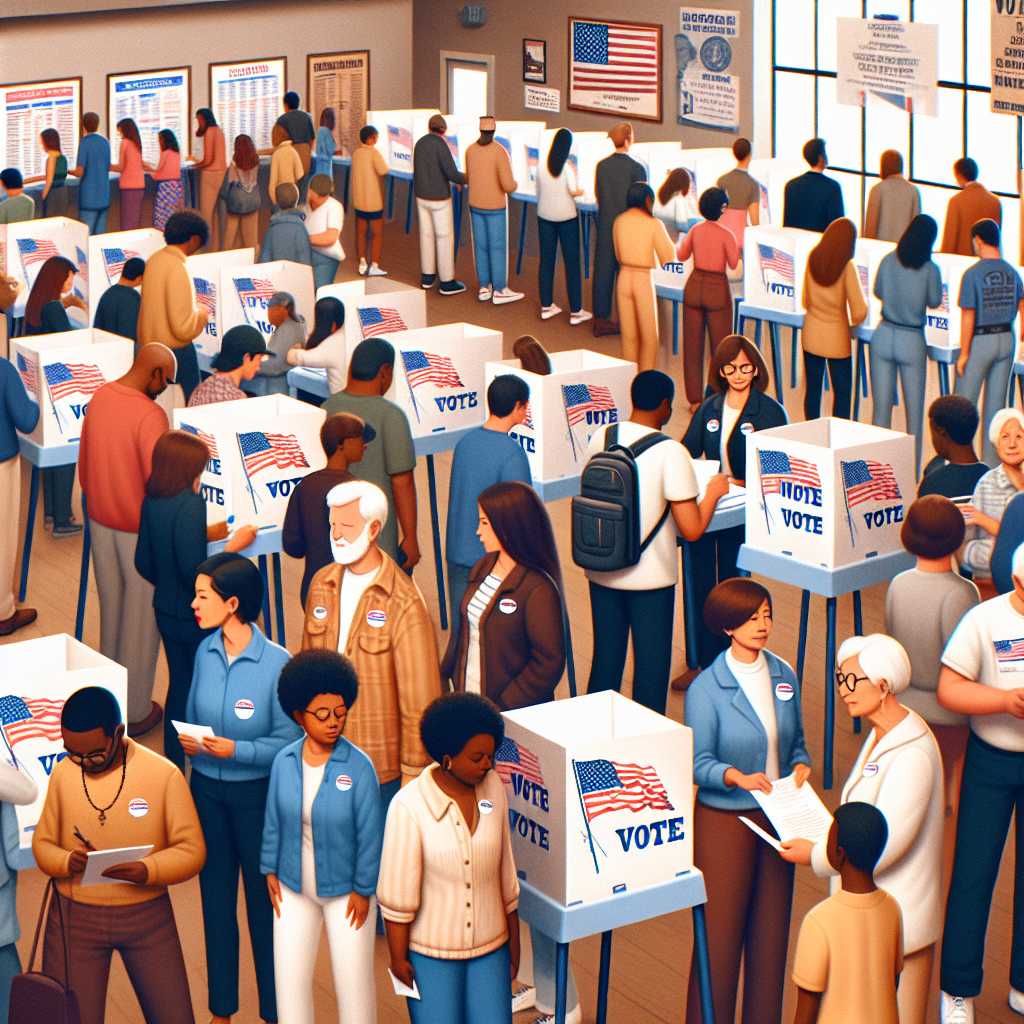Understanding the Significance of the South Carolina Primary in American Politics
In American politics, primaries are a critical part of the electoral process, giving states and their voters a significant voice in determining the candidates for presidential elections. One important early state that often garners national attention in this process is South Carolina. Known for its strategic timing and distinctive electorate, the South Carolina primary offers pivotal insight into voter sentiment and can be a bellwether for broader national trends.
The Role of the South Carolina Primary in Shaping Political Narratives
The South Carolina primary holds considerable weight in shaping the narrative of political races, notably within the presidential election cycles. Its position as one of the first few primaries, and as the first in the South, gives it outsized influence. Candidates who perform well in South Carolina can gain crucial momentum, impacting their fundraising efforts, media coverage, and performance in subsequent primaries. Conversely, a poor showing can spell the end for a campaign lacking broad support.
What sets South Carolina apart is also its role as a test of a candidate’s appeal among African American voters, who constitute a significant portion of the Democratic electorate in the state. Performance in South Carolina can indicate a candidate’s ability to connect with diverse voters beyond predominantly white early voting states like Iowa and New Hampshire.
The Evolution of Campaign Strategies in South Carolina Primaries
Campaigning in the Palmetto State demands specific strategies that recognize its unique political and cultural landscape. Over time, campaigns have evolved to embrace targeted outreach efforts focusing on local issues, church-goers, veterans, and topics relevant to rural and urban communities alike.
Engagement with African American communities through churches and community centers is particularly vital for Democrats. Meanwhile, Republicans focus on mobilizing conservatives by discussing issues such as national defense, economic growth, and conservative social values to resonate with the largely Republican state.
Certain elections have seen candidates transformed into bona fide contenders or weakened significantly due to their performances here. These outcomes underline the strategic importance of investing ample resources into ground operations and voter outreach ahead of the South Carolina vote.
Notable Outcomes of Past South Carolina Primaries
Historically, South Carolina has been instrumental in defining electoral races. A prominent example is its role in bolstering George W. Bush’s candidacy in 2000 against John McCain after a close race in New Hampshire. The state also consolidated Barack Obama’s leading position against Hillary Clinton in 2008 after an uncertain start in other early states.
More recently, Joe Biden’s resounding victory in the 2020 South Carolina Democratic primary provided a much-needed boost to his campaign, propelling him toward clinching the Democratic nomination and ultimately the presidency.
Impact of Voter Demographics and Regional Concerns
The primary’s influence partly stems from its projection of southern sensibilities and regional concerns onto the national stage. For candidates hailing from outside of the South or those less familiar with its political pulse, success often hinges on their ability to genuinely connect with regional concerns such as coastal conservation issues, military support due to numerous bases in the state, employment rates, historical preservation, and understanding community-based sociopolitical structures like Gullah Geechee cultural heritage across the so-called “Lowcountry.”
Predictions for Future South Carolina Primaries
Anticipating outcomes of future primaries is fraught with uncertainty; however, demographic shifts such as increasing urbanization and changes within party alignment could play influential roles. Continued migration trends may diversify regional electorates—an occurrence that may alter both parties’ messages and campaign strategies heading into upcoming electoral cycles.
